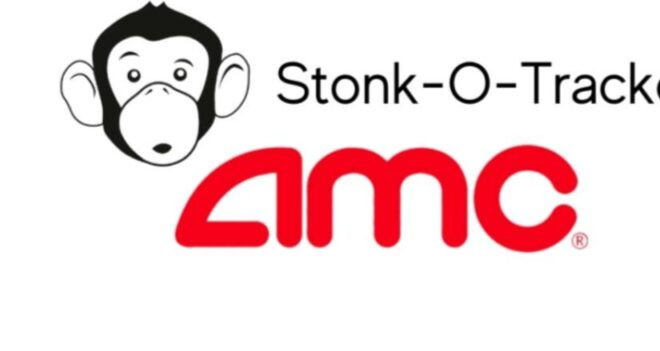Securing Your Business in the Cloud – Strategies for Managed IT Services
In today’s dynamic business environment, leveraging Managed IT Services is essential for maintaining a competitive edge, ensuring operational efficiency, and addressing the ever-evolving landscape of technology. The cost of a data breach can be devastating to companies of all sizes. This risk is even more significant if you work in an industry that handles sensitive information like credit card data, customer names, email addresses, and passwords.
Managed IT Services Anchorage AK have teams of security experts whose full-time job is to keep their customers’ data safe. Let’s take a look at some of the ways they accomplish this.
Encryption
A key to keeping data safe in the cloud is encryption. This transforms plaintext data into indecipherable gibberish (called ciphertext). Only authorized users with the decryption keys can turn this into usable information.
This helps prevent unauthorized access to your business’s data. It’s especially effective for protecting data in transit and at rest when attackers are most likely to intercept and hack it.
Supplementing encryption with other security practices like multifactor authentication and microsegmentation enhances overall security. These help prevent unauthorized users from accessing your data by locking them out of certain zones on the network. Using these best practices, you can protect your business’s information in the cloud. In addition, it will reduce the likelihood of a data leak. Ideally, if your encrypted data is compromised, you should back it up locally.
Network Security
Network security is an essential part of any cloud deployment. It helps protect shared data, boosts client and consumer confidence, and minimizes a breach’s financial and reputational fallout.
It also ensures that cloud systems are secure from external threats. This involves securing the perimeter ensuring that all devices have security controls and unauthorized users cannot access sensitive information or data.
The right network security solution combines features like firewalls, intrusion detection and prevention systems, gateways, and anti-virus software. It should also be scalable and include options for monitoring traffic patterns, data loss prevention, and more. Implementing this measure can help prevent outside attacks or insider mistakes from triggering a breach. A managed service provider can help you create a robust network security strategy and deploy it.
Endpoint Security
With each cyberattack costing companies tens and sometimes hundreds of millions in lost revenue and other costs, ensuring data protection is essential. Businesses can avoid this costly fallout by deploying an effective endpoint security strategy.
Typically, this consists of a centrally managed server that hosts the primary security program and a client program on each device (computer, tablet, phone) that sends threat information to the server. These solutions can be deployed in-house or as software-as-a-service.
Endpoint security offers privilege management features to ensure that only the bare minimum of privileges are granted to users and applications. It also offers sandboxing that tests executables in an isolated environment to prevent them from accessing sensitive networks. This unified approach to cybersecurity helps counter zero-day threats.
Monitoring
A business using cloud storage must ensure its content is protected. This is especially true for sensitive industries such as healthcare, which must guarantee their customers’ privacy and security.
Monitoring is the key to ensuring data is secure on the cloud. The best way to do this is through a SIEM system that detects and alerts teams when an issue occurs.
It can also help identify the causes of incidents and monitor changes to determine if an organization is improving its performance. For example, it can be used to analyze cloud usage and costs and monitor CPU, memory, disk, and network utilization. This data can then be compared to baselines and performance metrics to measure success. This can be used to optimize the cloud infrastructure and improve incident response and resolution times.
Backups
Whether it’s to help protect the data of your customers and clients or the financial services you offer, you must have a strong backup strategy in place. Lacking proper backups could lead to a costly disaster—or worse, the perception that your company has lost the trust of its customers.
To maximize the benefits of your backups, make sure to encrypt them rigorously both at rest and in transit. Also, consider implementing granular IAM roles for fine-grain control of resource access and permissions and rotating access keys for IAM users.
Managed IT services can help break down huge unforeseen hardware, security, and software expenses into monthly fixed payments. An experienced MSP can also help you understand immediate goals for improved efficiency and long-term strategies for scalability. Read more interesting articles on Theflipbuzz


